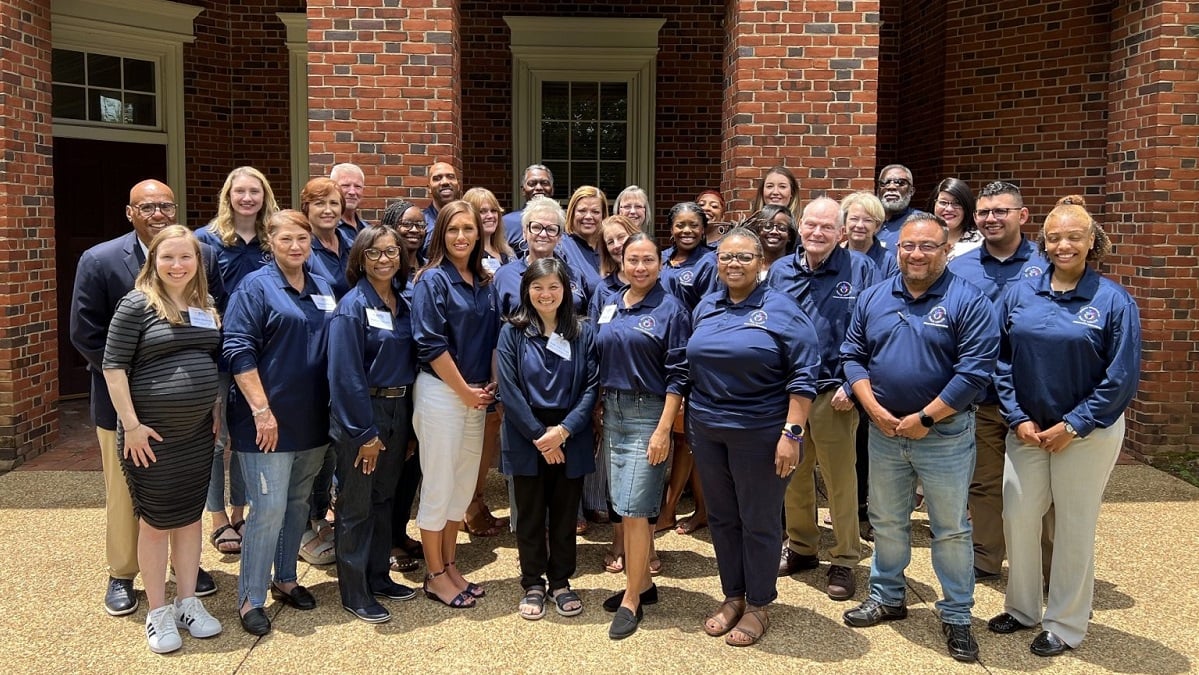A project led by the University of Alabama (AU) to equip communities across the state to be more resilient to health disparities expands its reach.
THE Fair Trade Neighborhoods Initiative (ENI) is adding five communities after a one-year, $3.7 million extension of the initial grant. The support of the Centers for Disaster Control and Prevention (CDC) and the Alabama Department of Public Health means the initiative will have access to $7.8 million to work with 20 communities across the state over three years.
AU-led Economic Development Center, ENI aims to address issues related to the COVID-19 pandemic in communities while helping to build capacity to meet future health and quality of life challenges. Among those served are minority and rural communities that have experienced health disparities related to COVID-19 among high-risk and underserved populations.
“The Fair Neighborhoods Initiative has already made significant progress in addressing health disparities exacerbated by COVID-19 in participating communities,” said Arturo Menefee, project manager and interim executive director of the centre. “This expansion will allow us to equip more Alabama communities to leverage their strengths to improve health equity and build capacity for a healthier future.”
In each community, an advisory group and youth council will be created to implement the initiative, which includes developing a health equity plan and building a “healing zone”.
During the pandemic, excess mortality among racial and ethnic minorities was higher than excess mortality among whites, according to federal data. This came not only from the deaths directly caused by COVID-19, but also from other consequences of the pandemic on society, such as financial suffering, lack of education support, delay in the treatment of other health problems and limited access to mental health services.

The 20 communities of the Equitable Neighborhood Initiative are spread throughout the state. (contributed)
Each community participates in capacity-building workshops around topics such as health disparities and community engagement. Teams develop a plan to fight COVID-19 and focus on improving neighborhood health outcomes. The goal: to create a network of informed and active neighbors who can advocate and help their communities better deal with health issues.
The 15 communities included in the initial grant have developed resource directories that help residents access health resources and have held mental health first aid workshops to address this pressing issue affecting youth and adults. Most communities held health fairs, clinics, or workshops tailored specifically to their city’s most important health needs and created opportunities to improve health, such as starting walking groups.
The initiative’s new communities are Fayette, Guin, Sulligent and Haleyville in northwest Alabama, as well as Prichard in Mobile County. They join Bayou La Batre, Blountsville, Camp Hill, Coden, Collinsville, Crossville, Dadeville, Hobson City, Goodwater, Kilpatrick, LaFayette, Ma-Chis Lower Creek Indian Tribe of Alabama, Midway, MOWA Choctaw and Pittsview Indians.
ENI is supported by funds made available by the CDC State, Tribal, Local and Territorial Support Center.
A version of this story originally appeared on the University of Alabama website.
